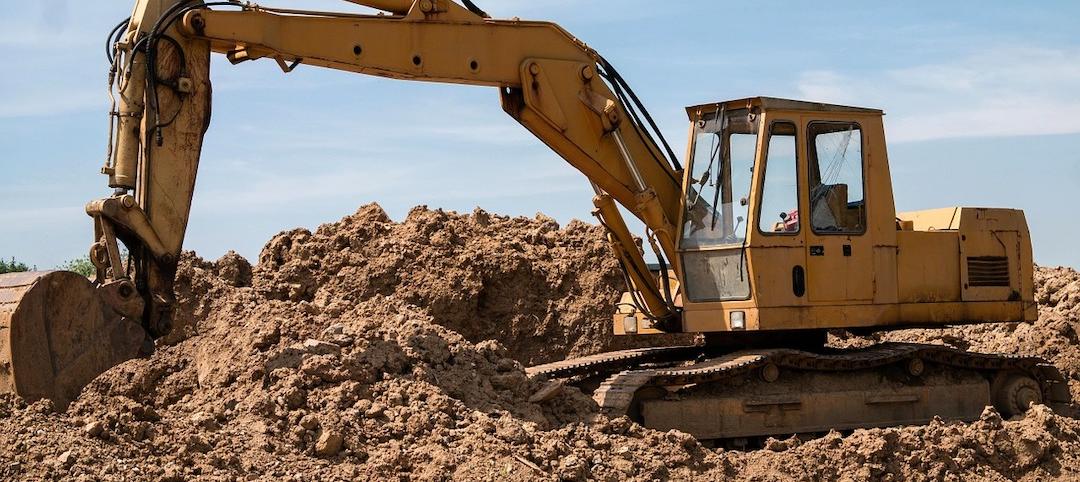New York City’s Fire, Buildings, and City Planning Departments in New York are writing rules to govern occupant-evacuation elevators, reflecting a change in philosophy of how to evacuate people from skyscrapers in an emergency.
The evacuation elevator cars can be used to move people down in an emergency in special circumstances. This is a dramatic change from decades of codes and practices based on the notion that elevators are perilous and undependable in fires or other emergencies.
That approach has become outmoded and is potentially dangerous for the extremely tall skyscrapers increasingly marking the New York skyline, city officials now believe. New York’s regulations now include the “third stair” in commercial towers higher than 420 feet. Builders of new high-rises must provide one more means of emergency exiting than the typical two stairways.
The City Planning Commission approved a measure that would allow developers to satisfy this requirement by providing an extra stairway (which would not be counted against the square footage they are allowed to build), by providing wider stairways and some occupant-evacuation elevators, or by making all elevators comply with occupant-evacuation standards.
Related Stories
Codes and Standards | Nov 29, 2021
Ithaca, N.Y., votes to electrify, decarbonize all its buildings
First initiative of its kind in U.S.
Codes and Standards | Nov 29, 2021
FAA seeking design of air traffic control towers of the future
Call for design submissions for safe, efficient structures.
Codes and Standards | Nov 28, 2021
Efficient electric water heaters in multifamily buildings significantly reduce carbon emissions
In buildings with 5+ units, water heating uses more energy than space heating, cooling, or lighting.
Codes and Standards | Nov 23, 2021
New York’s Labor Law Section 240 and how it affects general contractors
The ‘Scaffold Law’ was first enacted by the New York State Legislature in 1885 and is one of the single most-used laws in construction accident cases.
Codes and Standards | Nov 22, 2021
ABC’s Construction Technology Report finds focus on solving operational problems
More than half rely on project management software.
Codes and Standards | Nov 22, 2021
Contractors say 811 utility location system has significant flaws
More than half of firms in survey report damages, near misses because lines were unmarked or marked incorrectly.
Codes and Standards | Nov 19, 2021
Creating net-zero/net-positive buildings is top priority in Green Building Trends 2021 report
Findings also demonstrate compelling business case for building green.
Codes and Standards | Nov 19, 2021
Construction Startup Competition 2021 awards highlight tech innovations
AI-powered software to identify and explain critical issues in construction contracts takes top prize.
Codes and Standards | Nov 18, 2021
Infrastructure bill contains $5 billion for energy efficiency in buildings
Wide range of programs to reduce energy use, improve materials, train workers.
Codes and Standards | Nov 17, 2021
Skanska will provide embodied carbon assessments on all new projects over 53,000 sf
Will use the Embodied Carbon in Construction Calculator it helped create.
















